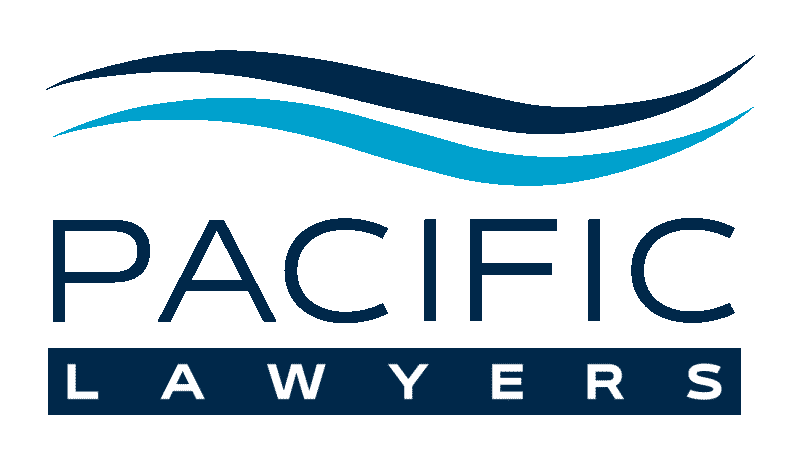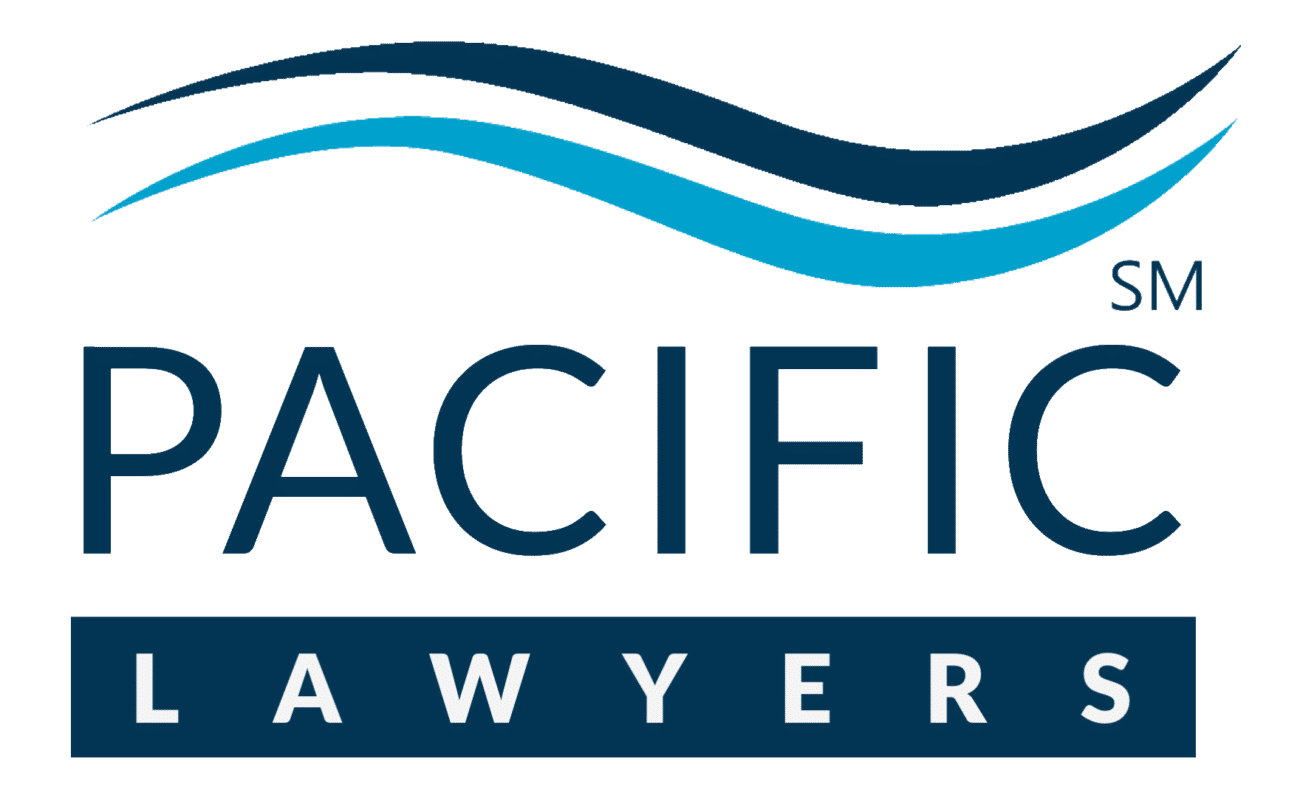Estate Planning & Probate
Practice Overview
Estate planning is the act of preparing for the transfer of a person’s wealth and assets after his or her death. Assets, life insurance, pensions, real estate, cars, personal belongings, and debts are all part of one’s estate. Member firms of Pacific Lawyers have represented high wealth individuals and families with the preparation of trusts and other vehicles to assist with estate planning.
Estate planning can involve any of the following:
- Living Trusts
- Pour Over Wills
- Durable Powers of Attorney for Property Management
- Durable Powers of Attorney for Health Care
- Living Wills (Medical Directives)
- HIPAA and CMIA Waivers
More sophisticated Estate Plans will generally utilize trusts to provide for asset protection, and estate and gift tax reduction. An estate planner may set up any of the following:
- Family Limited Partnerships and Limited Liability Companies
- Irrevocable Gifting and Life Insurance Trusts
- Qualified Personal Residence Trusts
- Grantor Retained Annuity Trusts, Income Trusts and Unitrusts
- Grantor Trusts and Related Transactions
The granting of probate is the first step in the legal process of administering the estate of a deceased person, resolving all claims and distributing the deceased person’s property by intestate succession or under a will. The probate process can involve the following:
- Will contests
- Disputes over who are the heirs
- Disputes over assets
- Creditors’ claims
- Conservatorships
- Guardianships

